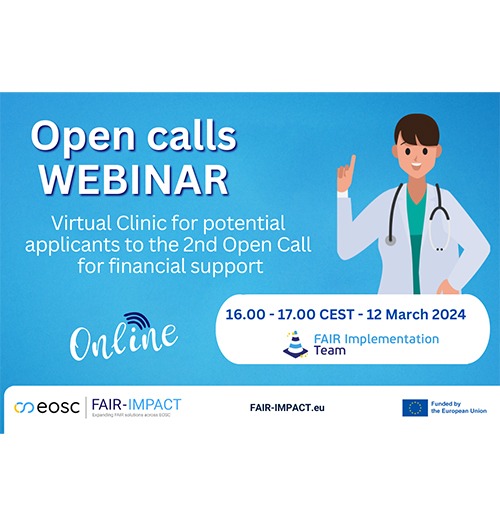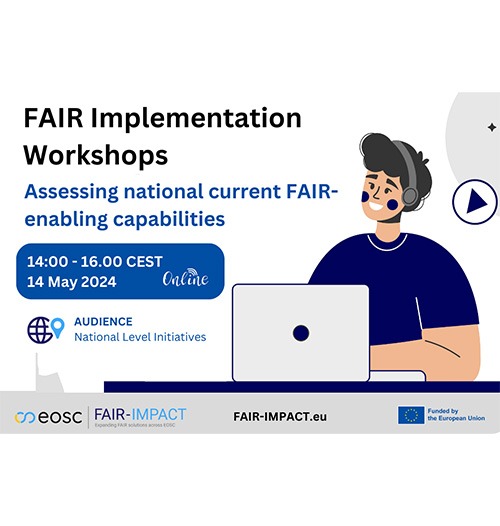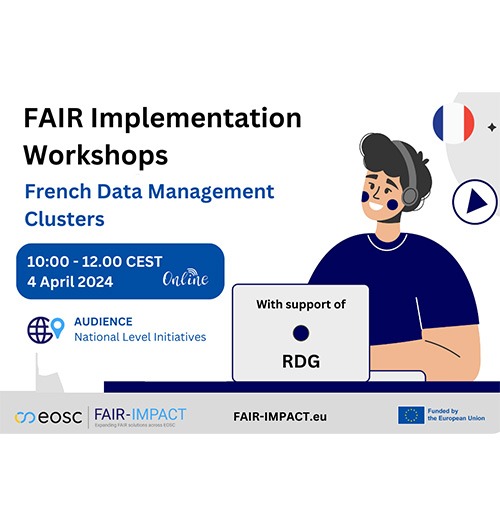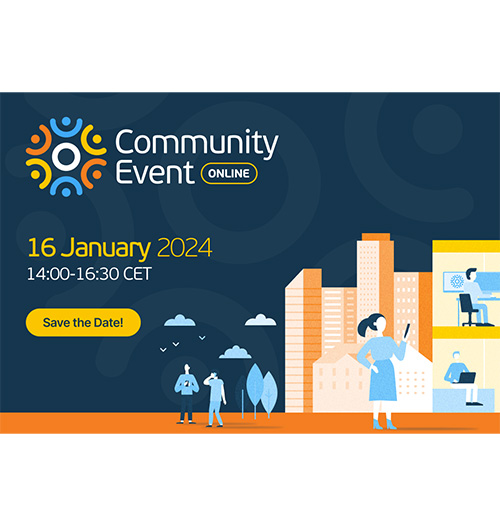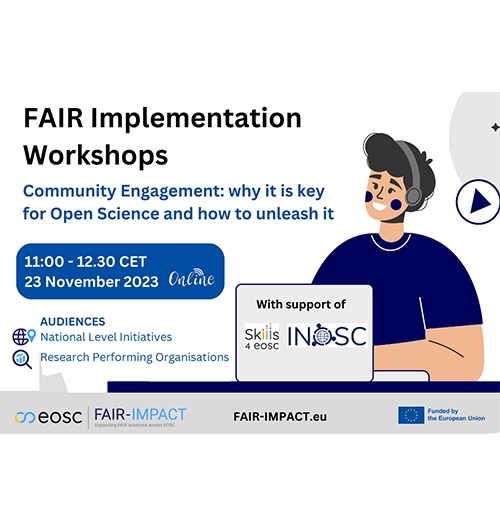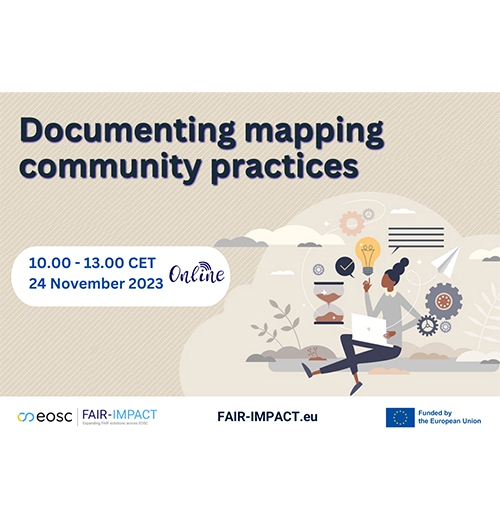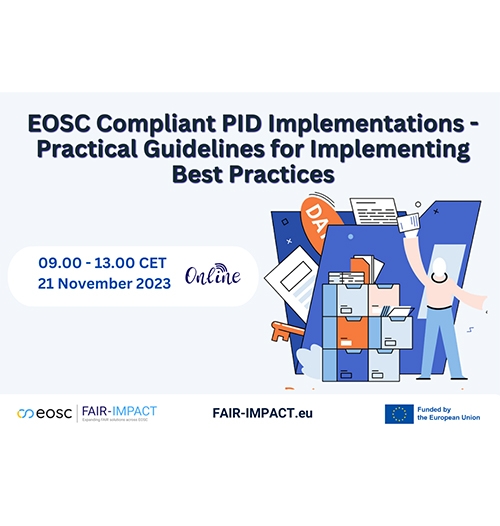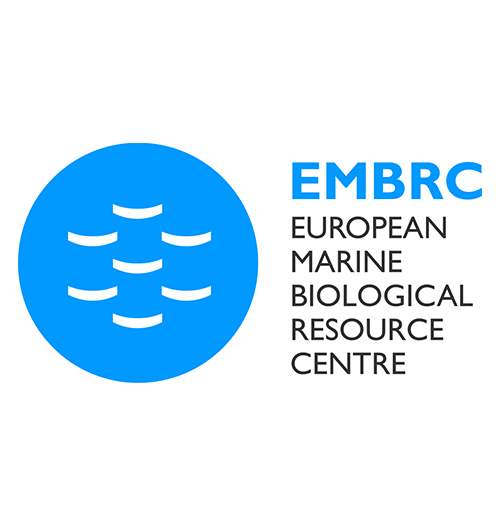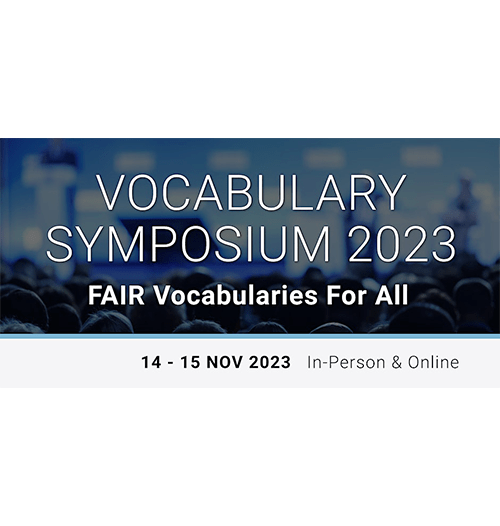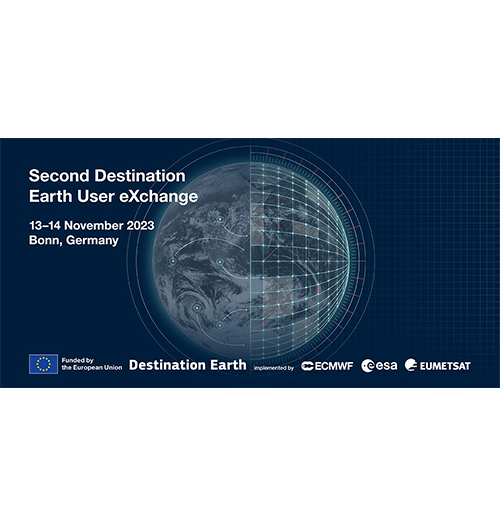Online, 12 March 2024
Are you interested in applying for one of FAIR-IMPACT’s five support actions? Join then the informal virtual clinic on 12th March from 16:00-17:00 CET. During this session, you can ask the FAIR-IMPACT team questions about the support actions, eligibility, and application process.
Please note that the application deadline for FAIR-IMPACT’s second open call for financial support is 31st March 2024. Please visit this page for more information about the webinar and financial support opportunities.
